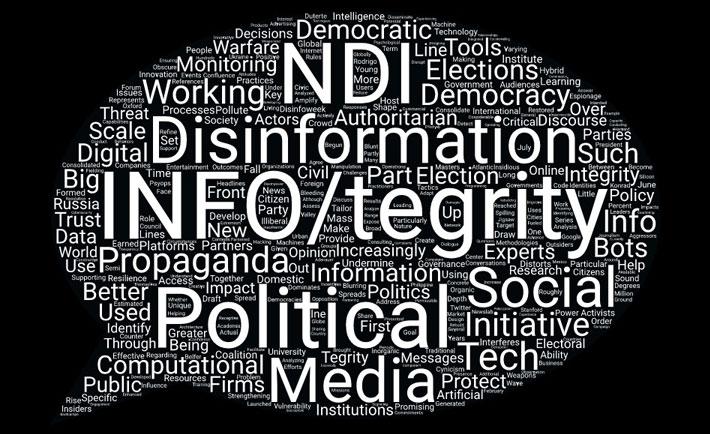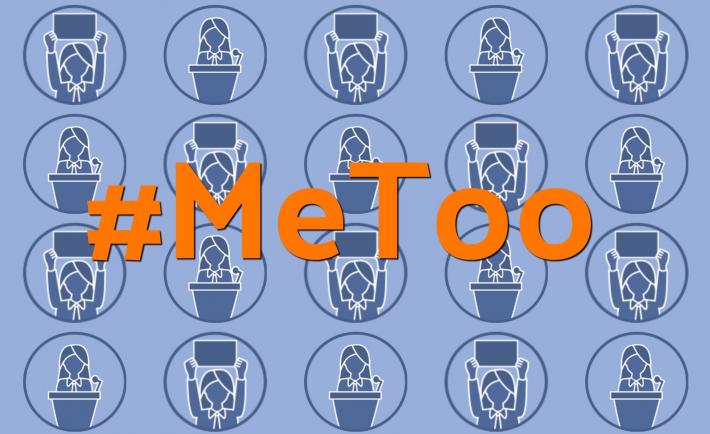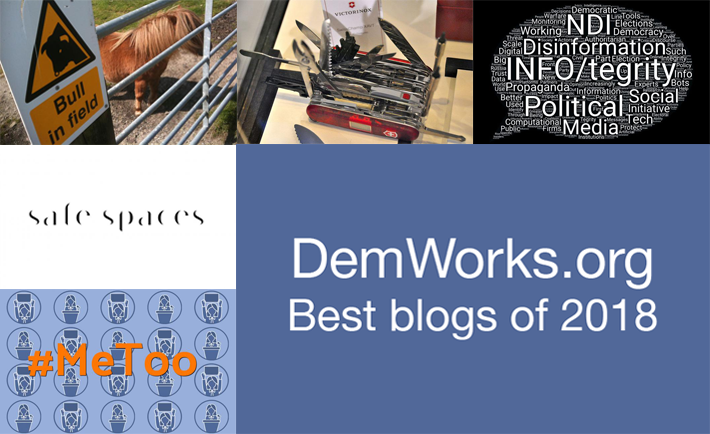It’s hard to believe that the DemWorks blog is now in its fourth year. With upwards of 60,300 unique pageviews this year, the DemWorks blog was more popular than the most used tool on NDI’s main website – the global elections calendar, which had 58,300 unique pageviews. This is quite an accomplishment considering that NDI’s global elections calendar is the most popular calendar of global elections on the Internet.
NDI’s staff in DC, Silicon Valley, and 50+ offices around the world represent a deep repository of expertise and practical experience in the areas of democracy and international affairs. We promise to keep bringing you their insights and analysis through this platform, and to increasingly include the voices expert guest bloggers from our partner organizations.
While ineligible for this year’s top-five list, several blog posts that were originally published before 2018 have shown remarkable longevity. Pat Merloe’s blog on the role of citizens in a democracy had 20,000 unique pageviews this year (6,000 more than last year). A Spanish-language post (also available in English and Kaqchikel) by Sandra Xoquic on the importance of Mayan languages in constructing Guatemalan democracy had 5,200 unique pageviews – 94 percent of which were from users in Guatemala. How to update political parties’ practices for the modern era was also a topic that brought users to our blog in 2018. A post by Philippa Wood on three challenges faced by political parties in the 21st century had 1,800 pageviews.
We hope you have enjoyed hearing from us this year and will join us again next year. Please subscribe if you haven’t already or share the love by getting your friends to subscribe as well!
With that, here’s the list of DemWorks’ most read blog posts from 2018:
1) In Fight Against Online Disinformation, A Variety of Tools Are Needed by Chris Doten

Understanding and stopping disinformation is a tremendous challenge; any single solution will be incomplete so many will be required. In 2018, the fastest, most virulent and dangerous disinformation is spreading on digital platforms, and as such technical understanding is critical to wrap our heads around the problem. NDI Chief Innovation Officer Chris Doten lays out our initial thoughts on basic categories of tools that will be needed to detect and counter disinformation online.
2) What makes some people more susceptible to disinformation? by Nick Monaco (Guest Blogger)

Disinformation is one of the thorniest problems facing citizens online around the world today. Properly addressing this challenge without infringing on users’ right to free speech is at the center of modern disinformation researchers’ efforts around the globe. While considerable thought and research have been dedicated to technological solutions, efforts at understanding the human mechanics of disinformation are still nascent.
3) Politically active young people need safe spaces by Rachel E. Mims

We need to build an environment that is more responsive to the needs of young activists, and the challenge should not be for the young person to change – it is for communities and institutions to serve them better and encourage their activism. Safe spaces can be used as a tool to build youth assets and develop relationships with power holders based on trust, respect and mutual cooperation.
4) INFO/tegrity and NDI’s Efforts to Combat Disinformation by Daniel Arnaudo

Long before the issue of Russian disinformation became the subject of headlines in the U.S., NDI has been working with partners to understand and counter efforts to manipulate information, although the terminology used has evolved. Leveraging this experience, NDI launched INFO/tegrity, an initiative to ensure that efforts to protect political information and democratic discourse from manipulation are applied across all NDI programs. Since its launch and with the support of the National Endowment of Democracy (NED), NDI has continued to expand its in-house capacity and its external partnerships to advance several key elements: conducting research on vulnerability to disinformation, monitoring disinformation and computational propaganda in elections, strengthening political party commitments to informational integrity, helping social media platforms and tech firms “design for democracy.”
5) #MeToo for Women in Politics by Sandra Pepera

As a young lawmaker in the Missouri state legislature, Senator Claire McCaskill once sought advice from a senior member about how to get a piece of legislation out of committee. He responded by asking if she had “brought her knee pads.” In the wake of the revelations about predatory attacks on women in Hollywood, in newsrooms and in the halls of legislatures, women around the world have been stepping forward to provide #MeToo testimonies about their experience of sexual harassment. Though unacceptable by any standards in any industry, when this type of harassment is directed at women in political life, it violates more than the rights and dignity of a single victim. Sexual harassment in politics undermines the standing and effectiveness of women who are already politically engaged, and it affects the willingness of a larger community of women to step into the political life of their country.

